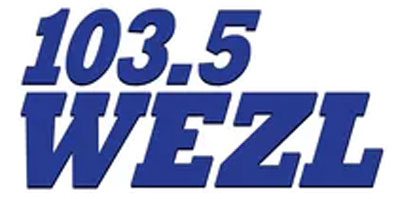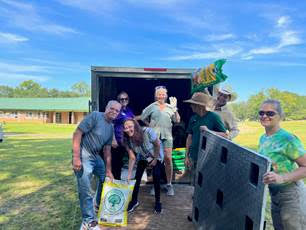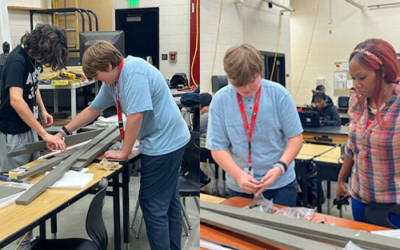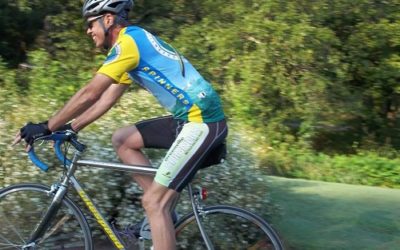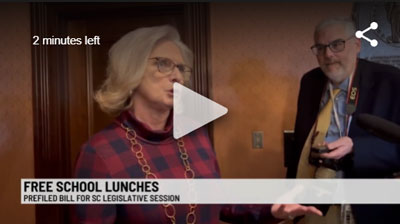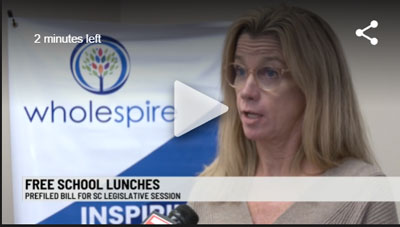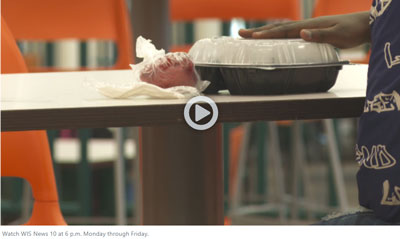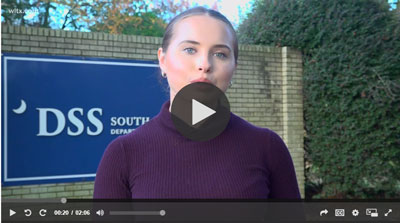WEZL 103.5 Charleston
News
Students at SC School for the Deaf and Blind get safe, open space to be active
An old, unsafe tennis court on the school campus has been repaved and turned into a free-play zone.
CareSouth organizes community gardens to fight food insecurity in Society Hill
Driving 30-45 minutes to buy groceries is a burden for Society Hill residents. CareSouth and community volunteers are changing that with a HEAL Mini-Grant.
City of Clinton, YMCA and others partner to feed the community
Residents in Clinton and its surrounding areas have limited opportunities to get nutritious food. Local leaders are changing that with the help of a HEAL Mini-Grant.
The City of West Columbia will fulfill residents’ requests for bike racks
With a HEAL Mini-Grant, the addition of bicycle racks will complement the connectivity of West Columbia’s parks, trails, and bike lanes and provide cyclists with a safe way to temporarily store their bikes.
New legislation would provide free meals for South Carolina students
WBTW News 13 Myrtle Beach
New legislation would make school meals for SC students free
WSPA News 7 Spartanburg
New legislation would make school meals for SC students free
WMBF TV Myrtle Beach
SC DSS requesting millions from state budget to upgrade SNAP processing system
WLTX News 19 Columbia

